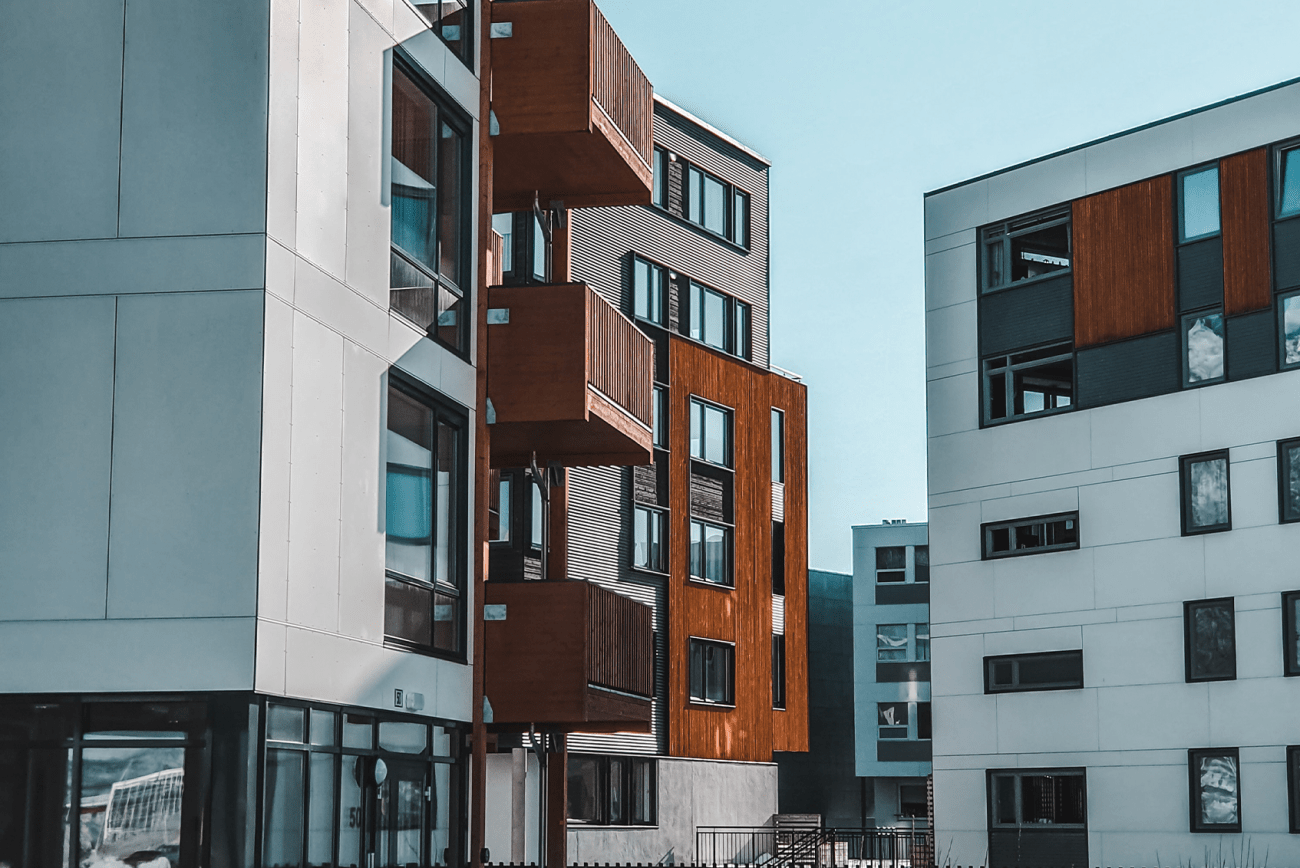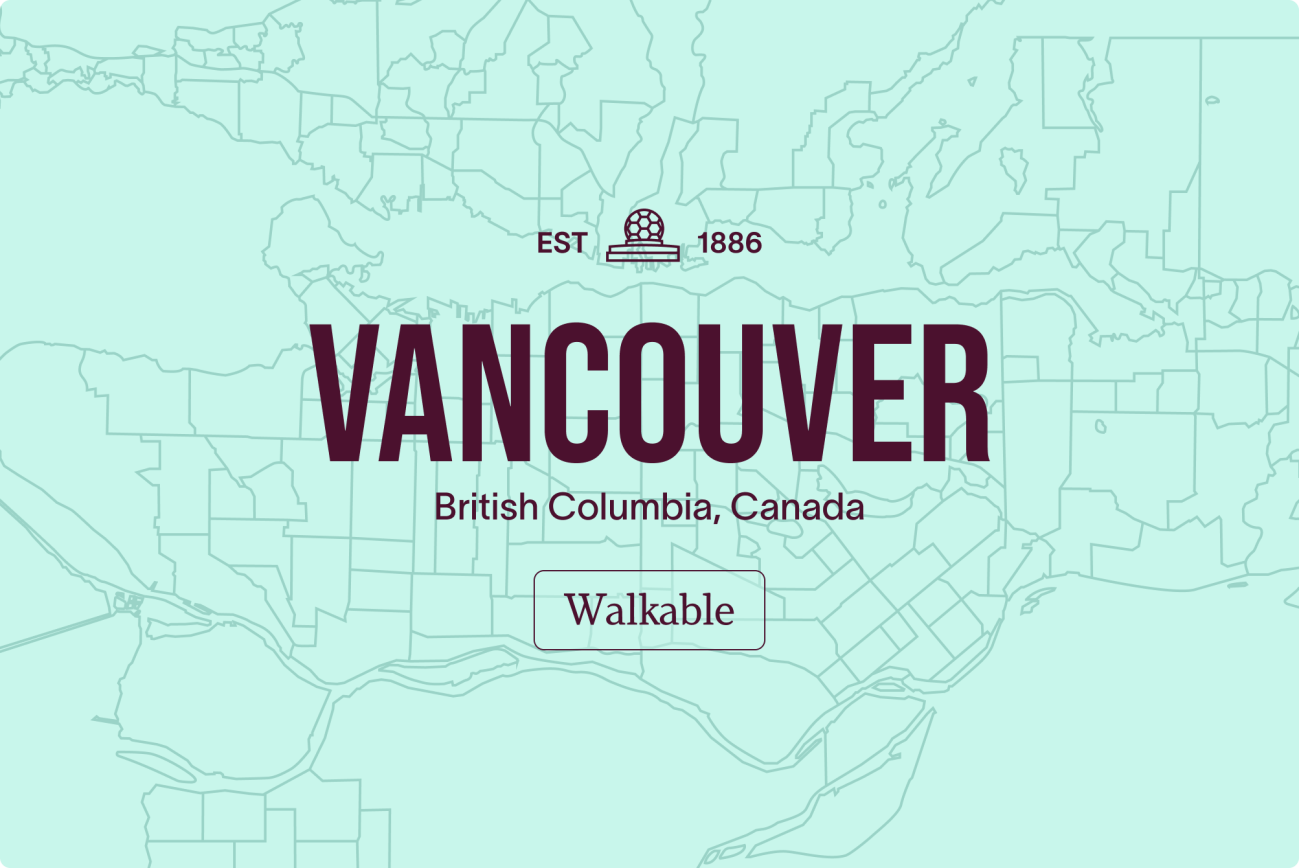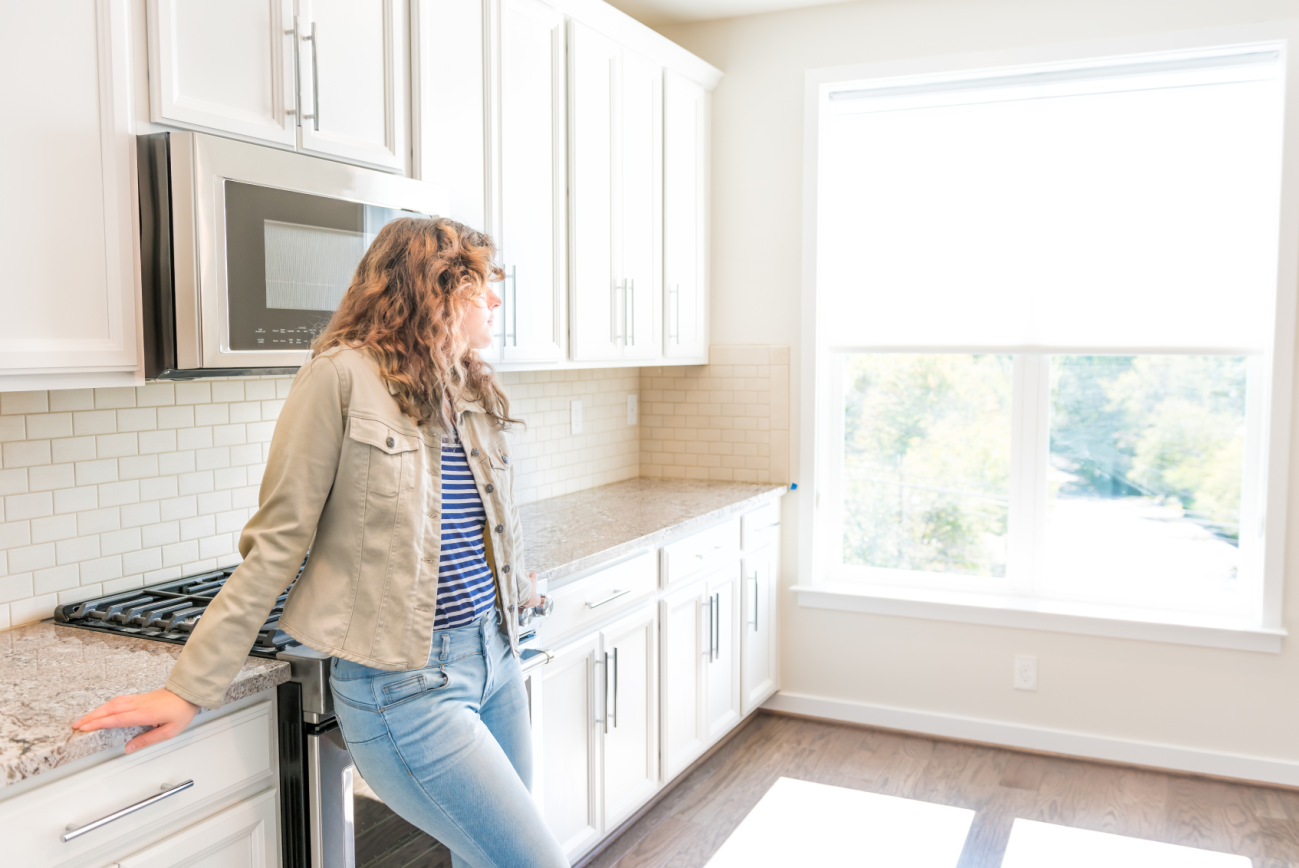If you want to live in a city or a pricier market, condos can be a great way to stay near the action without paying for a whole house. Condos are increasingly attractive to homebuyers across Canada, especially as single-family homes become more expensive. There are plenty of perks when you buy a condo, but you’ll be making some sacrifices too. Here’s a condo buying guide, including what you need to know and what to look for if you’re buying a condo.
The pros of owning a condo
Condos are becoming increasingly popular with Canadian buyers, with a growing number of new developments popping up in major cities and some smaller towns across the country. Statistics Canada reported that 1.9 million Canadians were living in condos in 2016, and that number is rising.
“Condo prices don’t typically increase at the same rate as detached homes. They’re a great way to get your foot in the real estate door and the likelihood of being approved for a mortgage for that amount is very plausible.”
– Judy Sehling, agent with the Houseful™ agent network from the Greater Vancouver area
They are affordable
As homeownership becomes more expensive, a condo can be an affordable way to live in a big city without shelling out the kind of money that you would for a single-family home or a townhouse. If you’re looking to buy a home but you don’t have the budget for a house in the neighbourhood you’re eyeing, condos can be a great entrypoint into the housing market
They offer easy maintenance
Condos can be a great option for people leading busy lives. Condo fees cover maintenance costs like shovelling snow, waste management, outdoor maintenance, pool cleaning, and window cleaning. You won’t have to worry about shovelling the walk or remembering to take out the trash. If you leave for a vacation, you’ll have less to worry about while you’re away. This also makes condo life appealing for frequent business travellers or people with second homes.
They have amenities and shared spaces
Condos have varying on-site amenities that can include gyms, green space, pools, saunas, and playgrounds. Having these amenities nearby might make you more likely to exercise, could be convenient if you have young kids, and could save you money on a gym membership. The lifestyle of each condo differs. Some are more family friendly or explicitly cater to professionals or people looking for a quiet place to live.
They have security
If you have concerns about safety, most condos offer security features or guards. Living next to other people who you see regularly can also be a comfort if you’re single or living alone. If you live in a house, strangers might notice mail piling up or a car left in the driveway, which can make you more vulnerable to theft. Condos can be a great lifestyle choice for people who travel often and want to come and go without concerns about safety.
Some condos offer events for owners and tenants, or may have established programs for seniors, parents, or single people. Ask about events or programs your condo runs, and consider getting involved in the condo board or decision-making committee. Consider if your lifestyle matches what you’re seeing in the building and would you be comfortable here?
What are the cons of buying a condo?
All of these advantages make condos an affordable, appealing option. But condos can also come with surprise price tags and limitations. Here are a few things you need to consider before you decide if you’re all in.
There are condo fees
Condo fees pay for the upkeep of the building, including building maintenance. Fees can also cover things like garbage collection, heat, water, sewage, and in some cases electricity or other costs. It’s important to factor these in when you’re budget planning or considering a condo purchase.
There is less privacy
Many condos come with a small porch, but most don’t include any private outdoor or garden space. Green spaces, pools, and gyms are shared and you’ll be passing other people in your building regularly when you leave and when you come home. Joined walls also mean that you might hear tenants upstairs or next door. For people who appreciate privacy or silence, this is a good factor to consider thoughtfully. If you’re buying a new condo that isn’t fully built yet, ask about insulation and soundproofing before you commit.
There are potential unplanned costs
Condo fees are generally predictable, but the cost of unexpected major repairs or renovations can fall on the condo owners as a collective. Some condos have a board or committee who vote on repairs, upgrades, and costs, but you may still end up paying for them.
Choices are made by committee or the condo managers
It can be a relief not to worry about repairs to shared spaces or landscaping, but this also means that you won’t always have a say in when repairs or maintenance takes place. You’ll also need to accept the aesthetic of the shared spaces, such as the paint colours, entrance details, and other factors that may change without your approval. There may also be restrictions on how you can change, renovate, or decorate –– especially in parts of the condo that are visible to the public.
What kind of condo is right for you?
The kind of condominium that’s right for you depends on your lifestyle, practical needs, where you’re buying, and personal taste. Condos come in a variety of styles, square footages, and layouts. Some are on the 31st floor with a birds-eye view of a city, while others are structured more like traditional townhomes with two floors. In general, all condos are individually owned units within a building.
- Condos can be hard lofts, and are often open-concept spaces with wooden beams, exposed brick, and other defining industrial features. In these condos, walls often don’t separate the kitchen or living room from the bedroom, and instead use sliding walls or curtains to divide the function of different spaces. Some condos like this are in repurposed places, like in Toronto where historical factory buildings or churches are made into living spaces. Condos like this often have history and character.
- Soft loft condos can be similar open-concept spaces, usually with concrete instead of brick and exposed beams. Soft lofts are generally a newer build version of hard lofts and might be up for sale before they’re fully constructed. Lofts are generally most appealing to single people or couples and tend to be less practical for a family with young kids.
- Condos can be in low, medium, or high rise buildings, some with outdoor rooftops, parks, or gardens. If you’re living on the ground floor you might have less privacy than higher floors where people can’t peek in. Consider how your unit is viewable from the street if you’re purchasing a condo on a ground floor.
- Condominium townhomes are typically two floors, connected to the condo next door with an adjoining wall. These condos often have shared leisure spaces, pools, fitness areas, and parks, and come with monthly maintenance. In traditional townhomes, the owner owns the complete home, but in a condo townhome you might own the unit itself, excluding the roof and windows. Condo townhomes typically have fewer maintenance costs than the average townhome.
Where are condos popular in Canada?
Established cities like Vancouver and Toronto (where other property types are more expensive) have a high percentage of condo dwellers. In smaller cities and towns like St. Catharine’s, Sudbury, and St. John’s where homes are more affordable, condos are in lower demand.
Questions to ask about your condo
- How much are the yearly or quarterly condo fees, and how are assessments made? It’s good to ask current residents about their experience if possible, and ask if the condo board has approved or expects any costly renovations, expansions, or repairs in the near future.
- What rules have the condo or homeowners association put in place for the condo? Make sure you look over the conditions, bylaws, and restrictions of the building you’re buying in. What hours are the pool or recreation area open, and are there restrictions on guests? Make sure the regulations don’t conflict with your lifestyle.
- What do your fees cover? Don’t make assumptions about what will be included in the maintenance and administrative fees you’re paying the condo board. Ask about pool maintenance, repairs and maintenance to your unit and shared areas, snow shovelling and plowing, amenity maintenance, nightguards or security, outdoor maintenance, and any other costs not explicitly mentioned in the guidelines.
- Does the condo committee have a reserve fund? Condo fees are paid regularly, and well maintained budgets should include a reserve fund put aside for unexpected or costly repairs and renovations. Otherwise these costs could fall on individual owners in case of an emergency.
- What is the surrounding area like? Take a look at planned construction for the immediate vicinity. A beautiful view might be obstructed by another building in the near future, or a school being built nearby could contribute to the future value of the property. If you’re viewing a condo in the summer, consider what it’ll be like to live there when the ground is covered in snow.
- Are there any current legal disputes or concerns expressed in online forums about the condo complex you’re considering? A simple Google search could bring up feedback and forums where current residents speak honestly about their experience living in the condo you’re considering.
- How much parking is available?
- How many rental units are in the building, and how many are owner-occupied? Some condo buildings have a vast percentage of their units owned by one investor. This can influence the lifestyle, foot traffic, and noise levels in the building.
- Are there rules about animals or pets? Some condos have specific rules about the number of pets you can have, and may restrict certain breeds or animals
How to choose the right condo for you
- Location: Figure out where you want to be, and narrow your condo search to buildings in that area. But stay open minded and explore local transit systems to consider condos that might be a bit outside of your search. In some areas, a quick subway trip from a condo on the transit line might get you to work faster than a location that’s physically closer.
- Values: Do you want a condo where there’s a friendly community with neighbourhood events? Are you looking for nearby childcare? Do you value privacy, security, a well lit space, or a fitness centre to stay healthy? Establish the kind of lifestyle and values you have and choose your condo based on these values
- Practical requirements: Do you have pets or kids? Do you need parking? How much extra storage will you require? Establish whether the rules of the building allow for all that comes with your move-in date.
- Size: How much space do you really need? Do you require a guest bedroom, a full bath, or an extra office space? Is the square footage laid out in a way that practically suits your needs? If it’s a large open-concept condo like a hard loft, consider how you’ll divide up the space to suit the way you live.
- Think towards the future: If you’re moving in solo or with a partner, establish whether you may want to have roommates, future partners, children, or pets in this space. Make sure the condo suits your needs for the timespan that you plan to live in it.
- Where is your money going? Any amenities in your condo building are likely ones you’re paying for with monthly fees, so consider whether you’ll actually be using the gym or the pool before you commit to it as an expense.
Resale vs. new condo purchases
When you buy a condo, you might be buying a new construction, or purchasing a resale condo that’s already been built. There are pros and cons to both resale and new condo purchases.
Buying a new condo
New condominiums often go up for sale before they’re fully constructed. In this case, you might be choosing a condo unit based on a floor plan, a mockup of the layout, and the location. New condos allow you to move into a brand new unit, often with new appliances and freshly updated features. But construction can go on longer than originally proposed, and changes and risks might affect what your final unit looks like. Make sure you understand the regulations, contract, and the condo board’s budget before agreeing to a purchase. Ask your real estate agent to help you understand the terms and grey areas of your condo purchase. Question whether the rendering or mock-up of the condo properly represents exactly how your property will look, and whether it will come with all the appliances and features shown.
Make sure your purchase agreement clearly outlines an end date and relevant terms if the date changes. Many condos require occupancy fees from the point at which you purchase the condo, even if you can’t move in yet. These “phantom fees” need to be paid according to the purchase agreement, so make sure you understand all conditions and terms.
Purchasing a resale condo
When you buy a resale condo, you’re purchasing a unit that’s already been built. This is advantageous in that you can see exactly what you’re purchasing by touring the unit in person. You’ll be able to check out the view, tour the building and amenities, and imagine yourself in the space more tangibly than you would with a new build. Hire a property inspector to make sure there aren’t any surprises, and observe smells and sounds to see how much you notice things like noises in the next unit. Consult with your real estate agent and lawyer to make sure you understand all hidden costs and condo fees. Find out how old the building is and do some research on the property, looking for reviews from past tenants and any pending lawsuits or legal disputes relating to the building.
Tips for buying a condo in Canada
- The Canada Mortgage and Housing Corporation (CMHC) offers a condominium buyer’s guide to outline background information and the essentials on condo living so you can establish whether buying a condo is right for you.
- Ontario’s Residential Condominium Buyers’ Guide (Condo Buyers’ Guide) was developed by the Condominium Authority of Ontario (CAO) in collaboration with the Ministry of Government and Consumer Services (MGCS) and approved by the Minister as a free resource for the buyers of residential pre-construction/new condo units.
- Get to know the legislation in the province you’re buying a condo in so that you’re clear on your rights and responsibilities as a condo owner.
Want to find a condo that’s right for you?
The Houseful agent network is Canada wide, with expert knowledge pertaining to each market. Whether you’re searching for a home in an urban centre like Toronto or Vancouver, or looking to buy in a small town or rural area like Elk Point, Alberta, or Dundas, Ontario, we’re here to help you find a condo or home that’s right for you.
Ready to get started on your home search? See what’s on the market near you and connect with your local agent at Houseful.ca.
Start Your Home Journey
Find more information on how to buy a home, how to sell your home, and mortgage and finance tips, see our Home Journey How-To’s or sign up at Houseful.ca.




